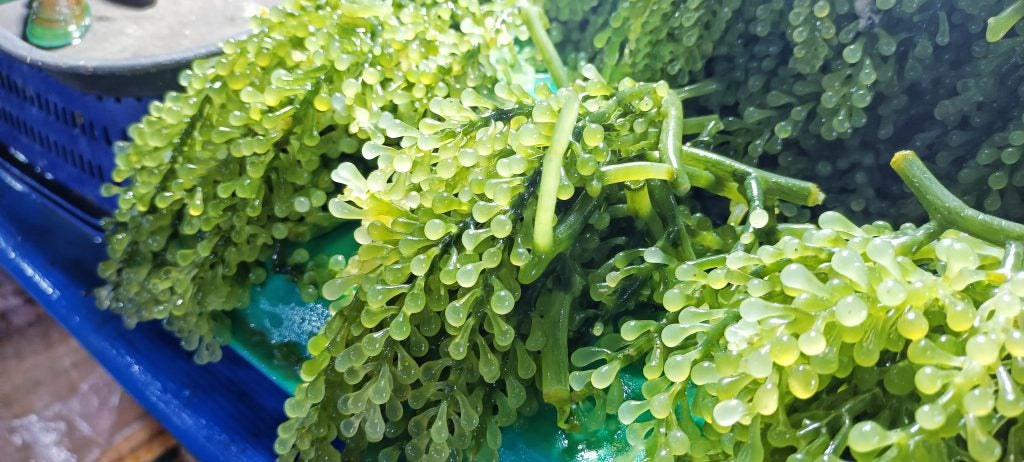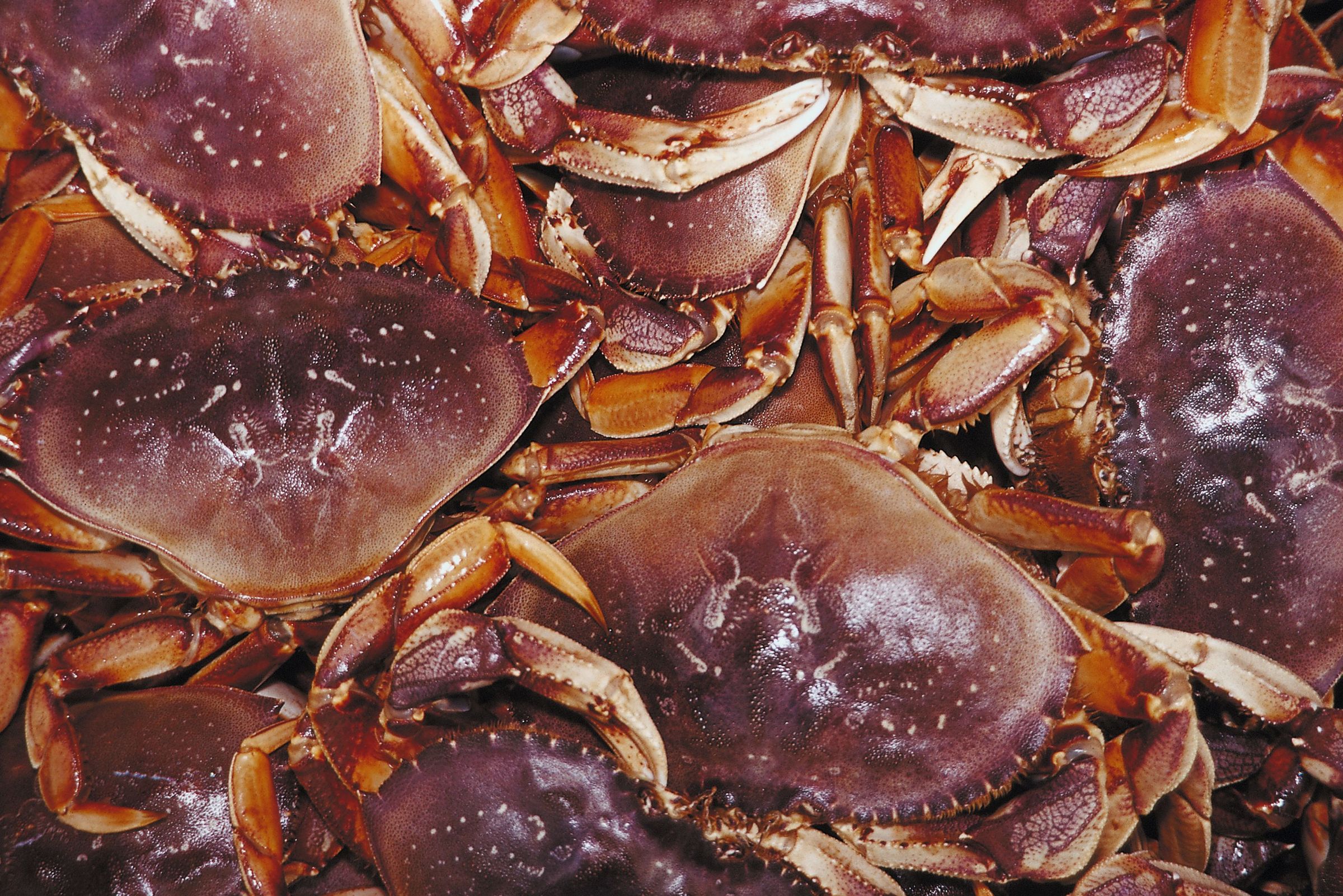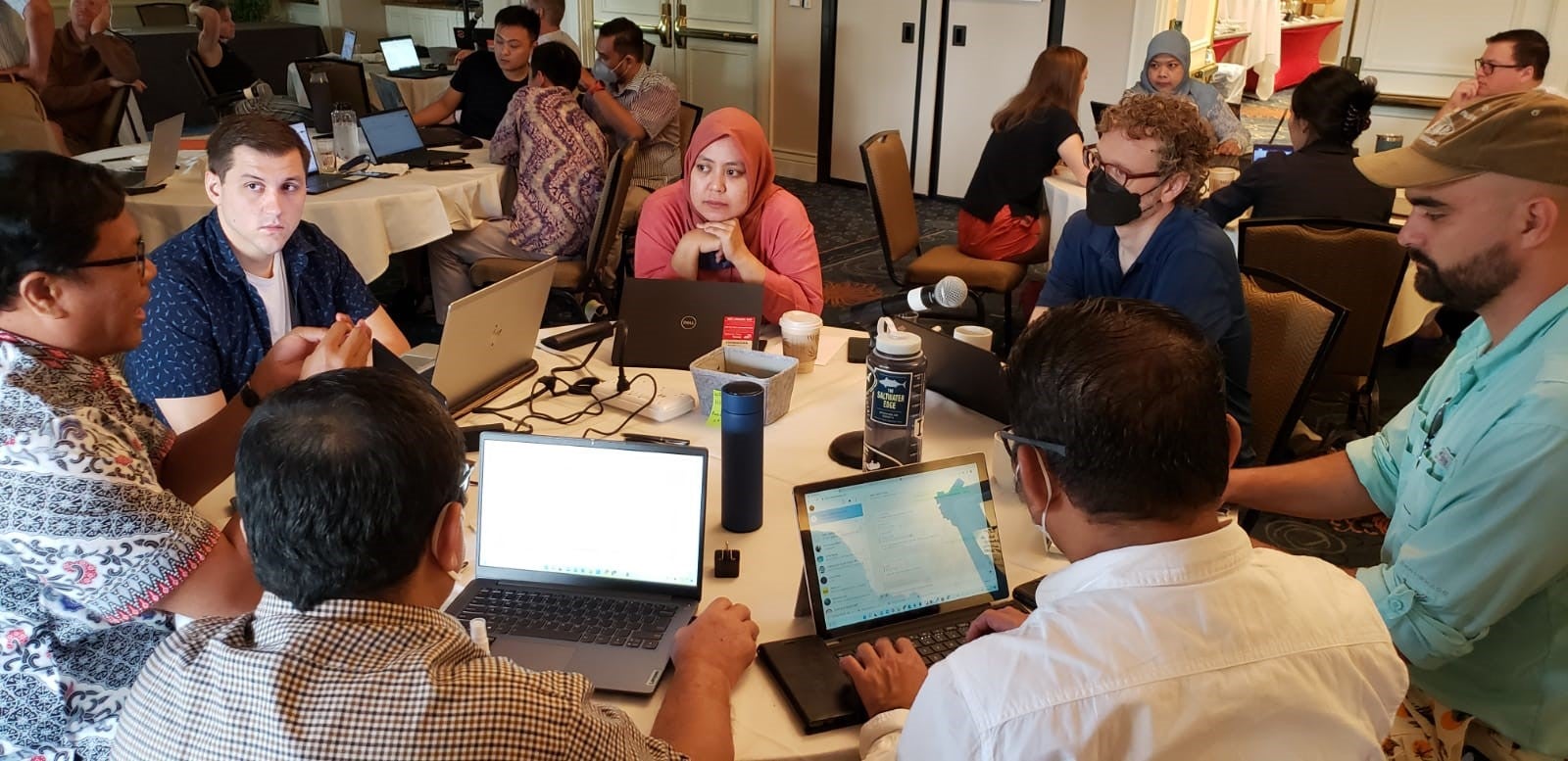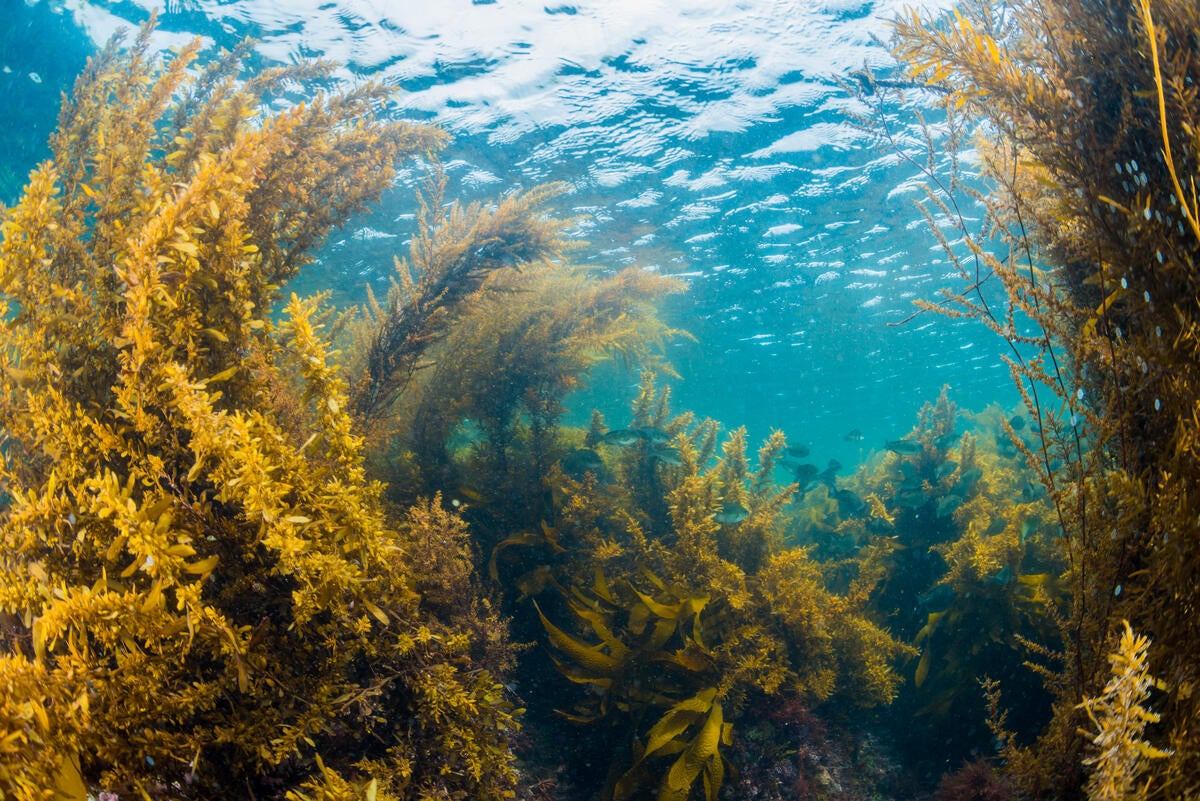
Workshop participants watching the echosounder identify schools of pelagics. Photo credit Joe Warren.
By EDF’s Jose Ingles, Jimely Flores and Rod Fujita, and Joseph Warren, Stony Brook University
Small fish have a big role. Fisheries for sardine, herring and anchovy species collectively produce more yield than any other fisheries worldwide and account for about one-third of total global catches arriving in ports. These fisheries span the globe and are critical for supporting livelihoods, aquaculture, food security, ecotourism and terrestrial animal husbandry (many catches are used to make fishmeal and fish oil). Read More














